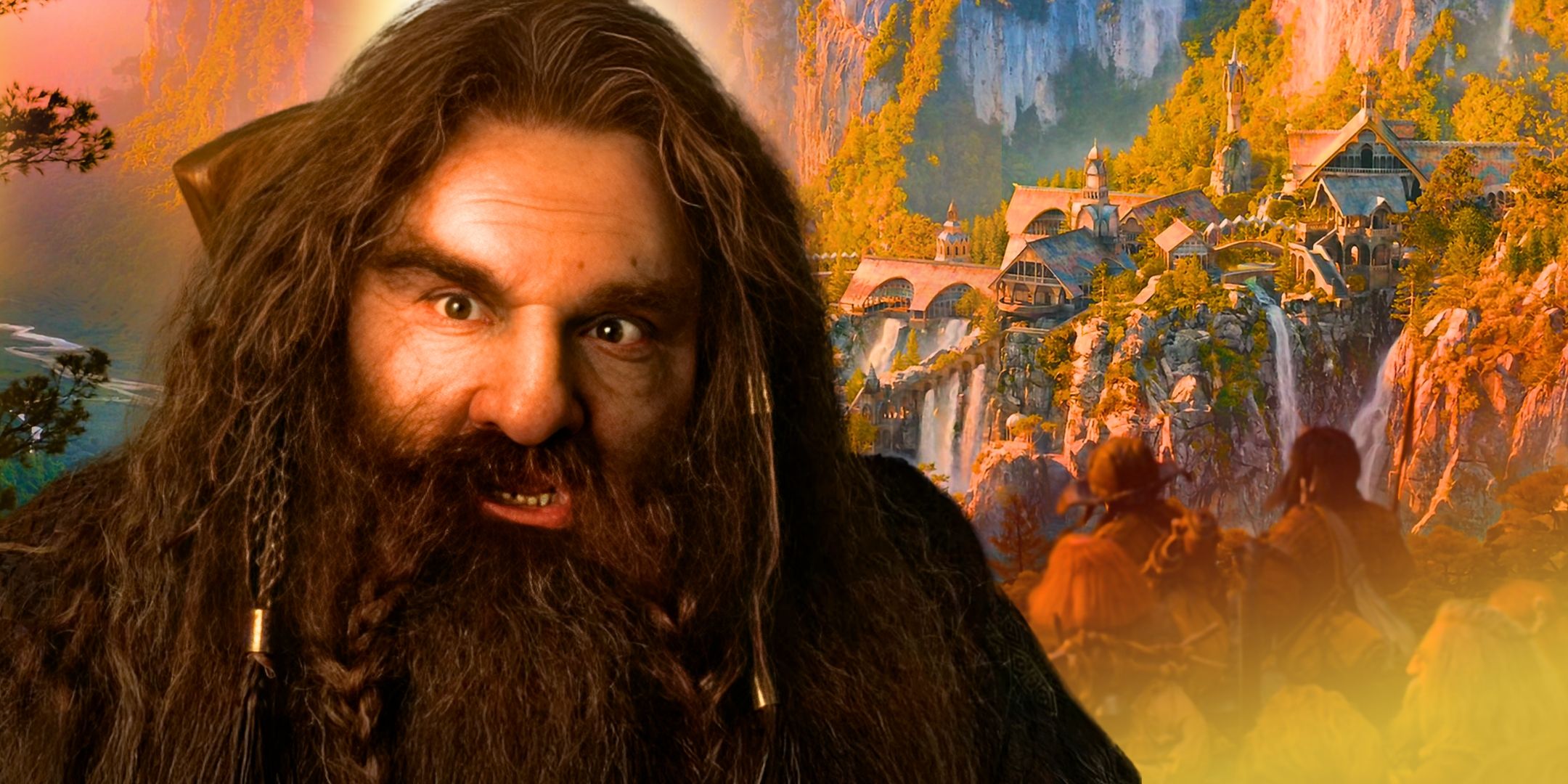
The “Lord of the Rings” films effectively bring J.R.R. Tolkien’s intricate fantasy tale to life on screen, yet they can’t possibly cover every detail found in the books. Peter Jackson, the director of the original trilogy, had to leave out certain narrative elements to maintain a brisk pace and emphasize key plot points. However, one of the most captivating aspects of Tolkien’s writing is the sheer depth and breadth of Middle-earth’s lore. Each race in this world has an intricate history, and the actions of the characters are often driven by complex motivations that remain largely unexplored in the films.
In the “Lord of the Rings” movies, several intriguing aspects about Gimli, the dwarf character, are not shown, making him seem even more enigmatic. When we are introduced to Gimli in “The Fellowship of the Rings”, he immediately makes an impact, and his interaction with Legolas is swiftly developed. In the films, John Rhys-Davies masterfully portrays Gimli, conveying that he’s a multidimensional character. This compelling performance takes place without revealing Gimli’s motivations or the history between dwarves and Sauron, which highlights Rhys-Davies’ talent and explains why we are drawn to Gimli and eager to discover more about him.
Gimli Was In Rivendell Because Sauron Sent An Emissary To The Dwarves In LOTR
Gimli went to Rivendell for a much more vital purpose than we see onscreen
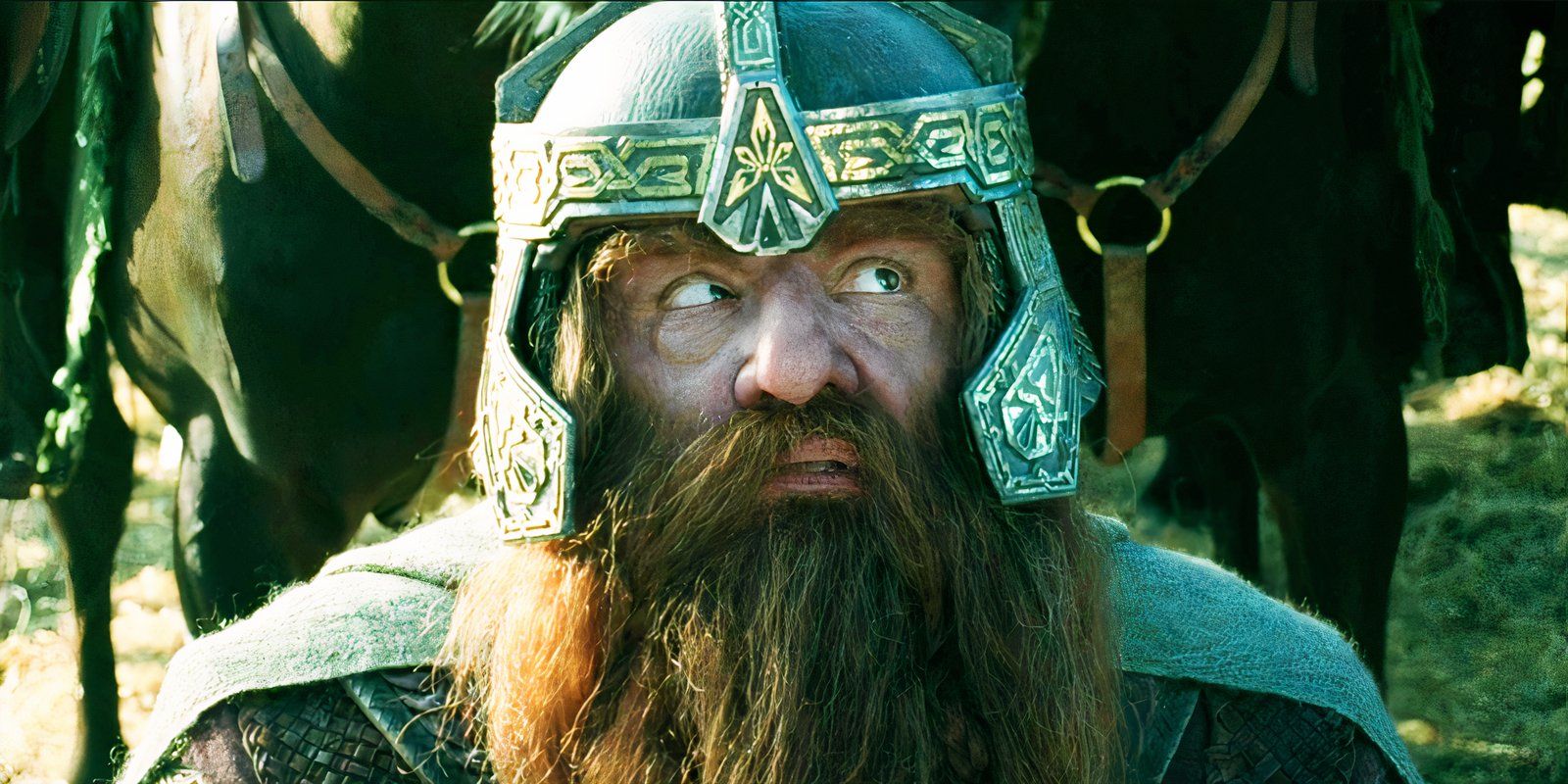
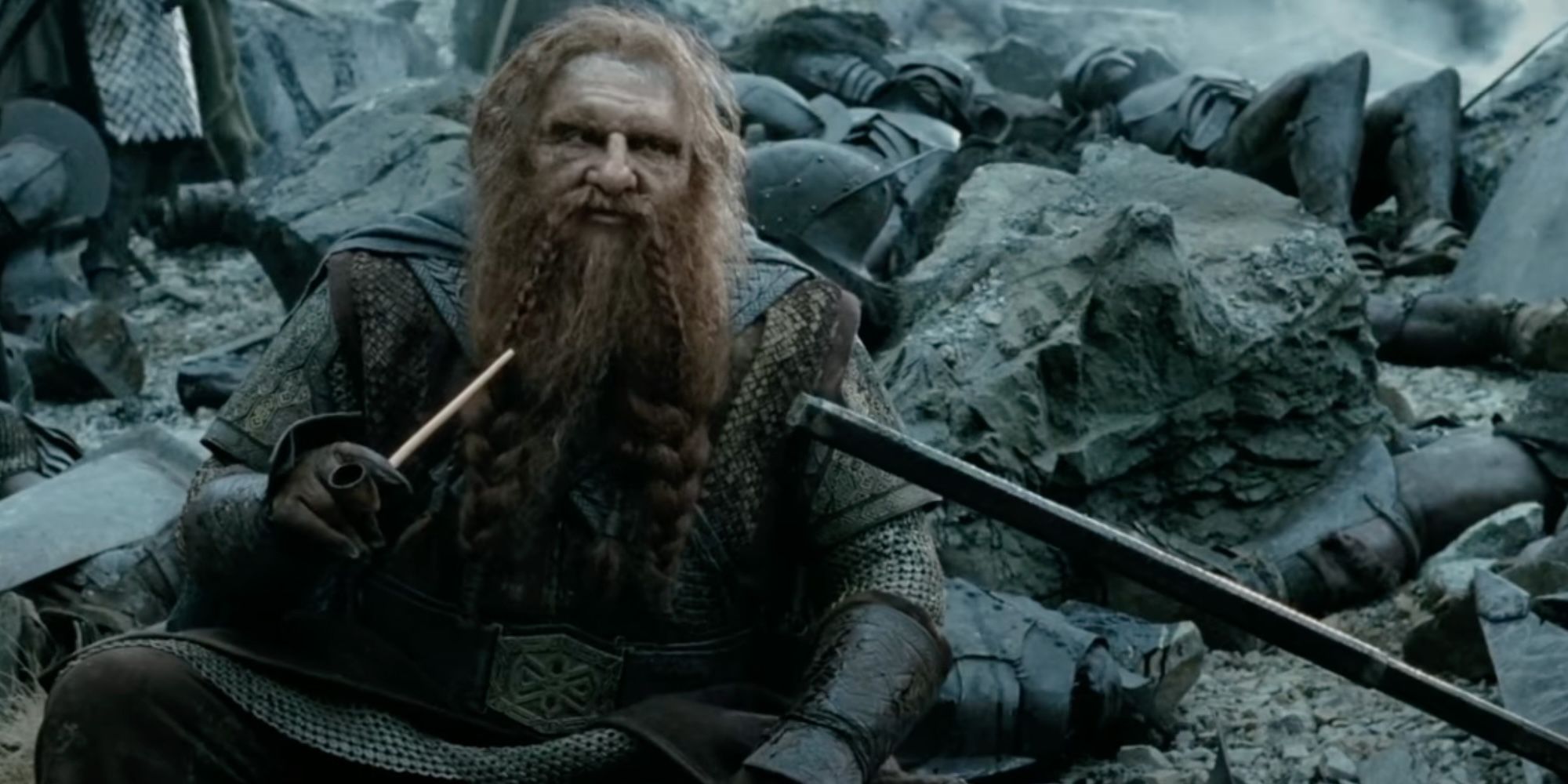
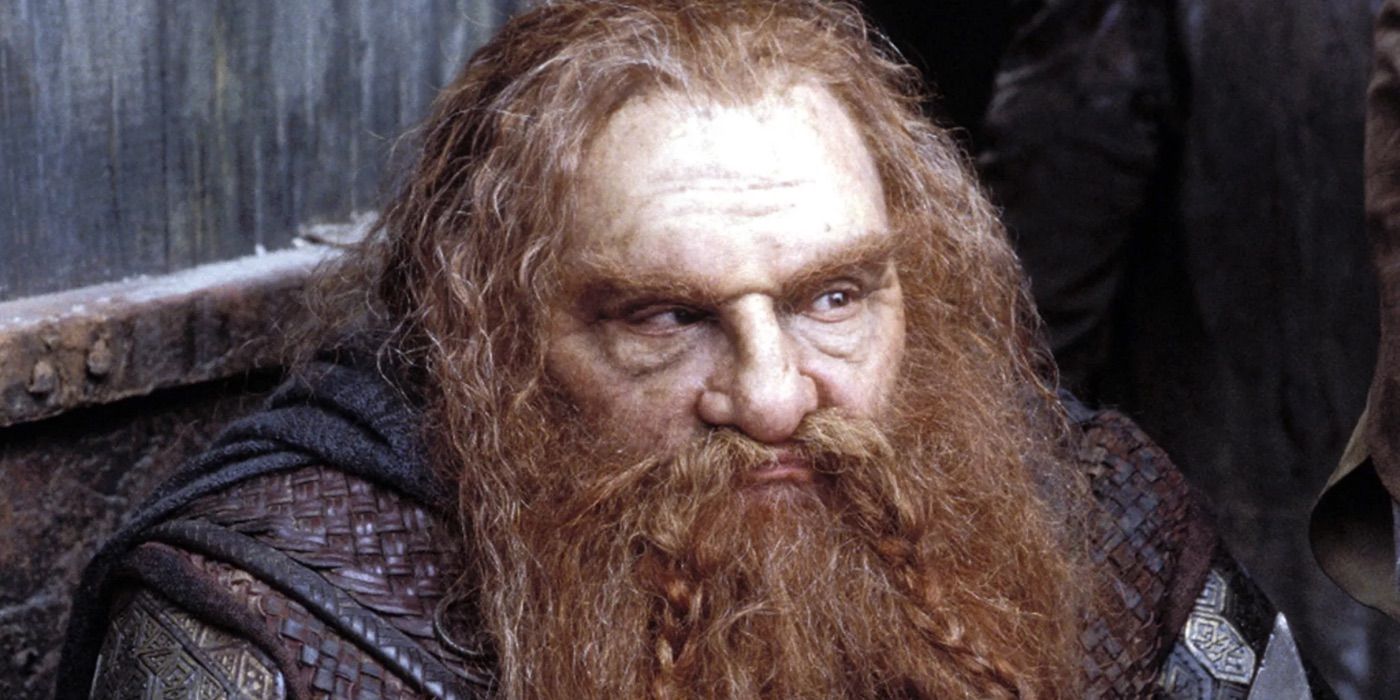
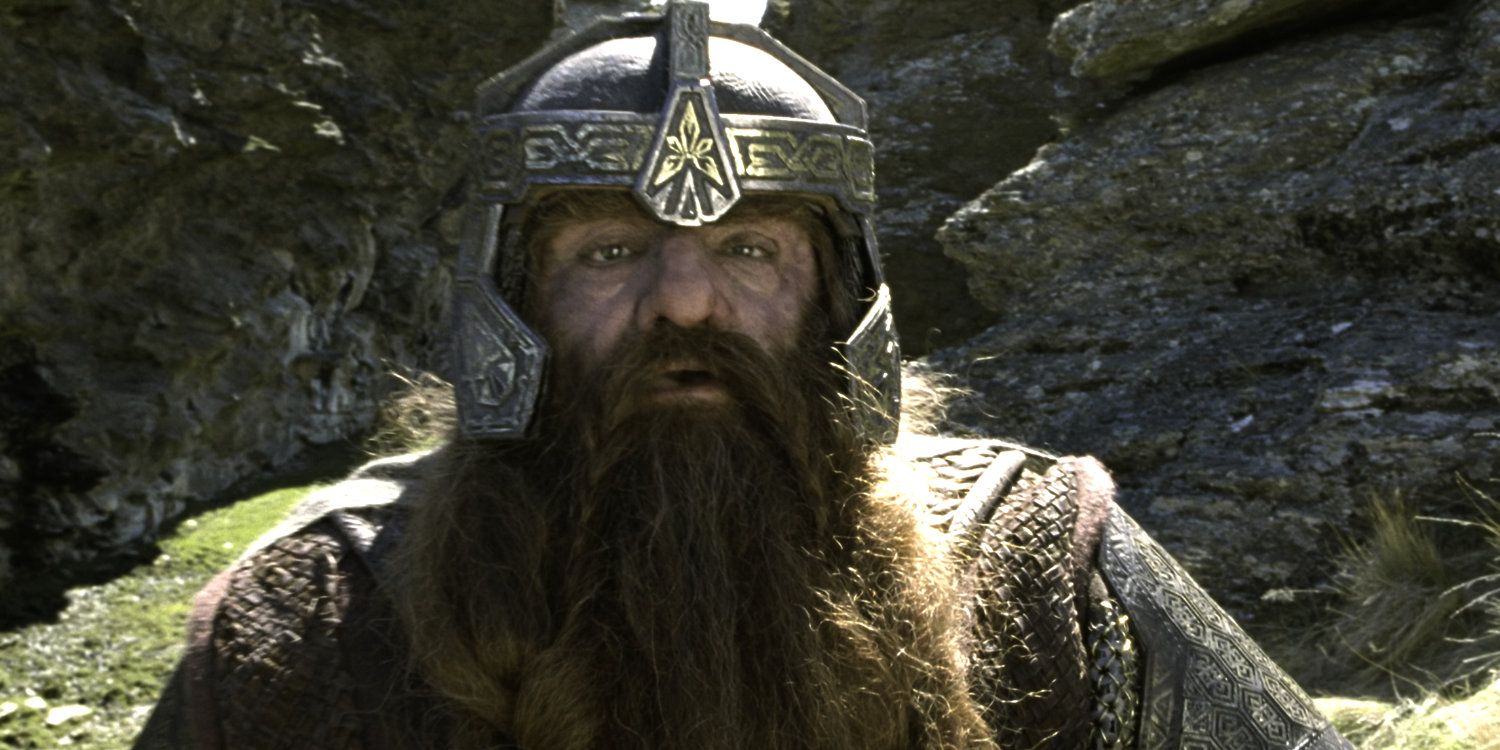
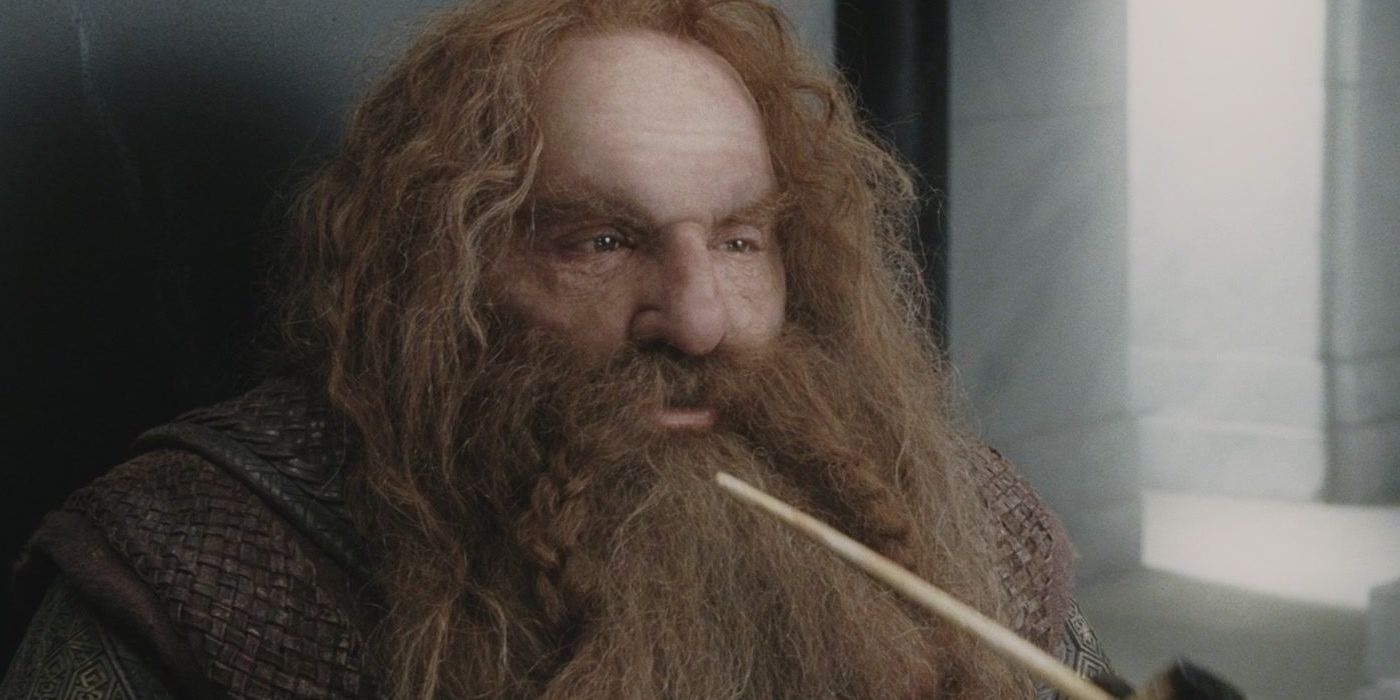
At the Council of Elrond in “The Fellowship of the Ring,” Gimli serves as the dwarf representative, advocating for their stance on the One Ring and the battle against Sauron. Interestingly, Gimli and his father Glóin were already en route to Rivendell, having been summoned by their leader, King Dáin. In the novels, it’s revealed that Sauron had previously communicated with the dwarves, sending a messenger to persuade Gimli and his kin to rejoin forces with Mordor once more.
| Title | Rotten Tomatoes Critic Score | Rotten Tomatoes Audience Score |
| The Lord of the Rings: The Fellowship of the Ring (2001) | 92% | 95% |
In a fortunate turn of events, the messenger unintentionally alerted King Dáin about Sauron’s resurgence. This revelation made him understand the necessity of reaching out to Elrond to strategize against Sauron. Incidentally, Gimli and Glóin arrived at the same time as Frodo and his fellowship in the novels; this was a serendipitous occurrence rather than a planned event. The books hint that Sauron was orchestrating more actions covertly, which were less explicitly depicted in the movies. Given the films’ focus on Frodo, such details tend to be omitted.
The Movies Change The Council Of Elrond & Omit This Gimli Detail
The Fellowship of the Ring film moves past this element of the story
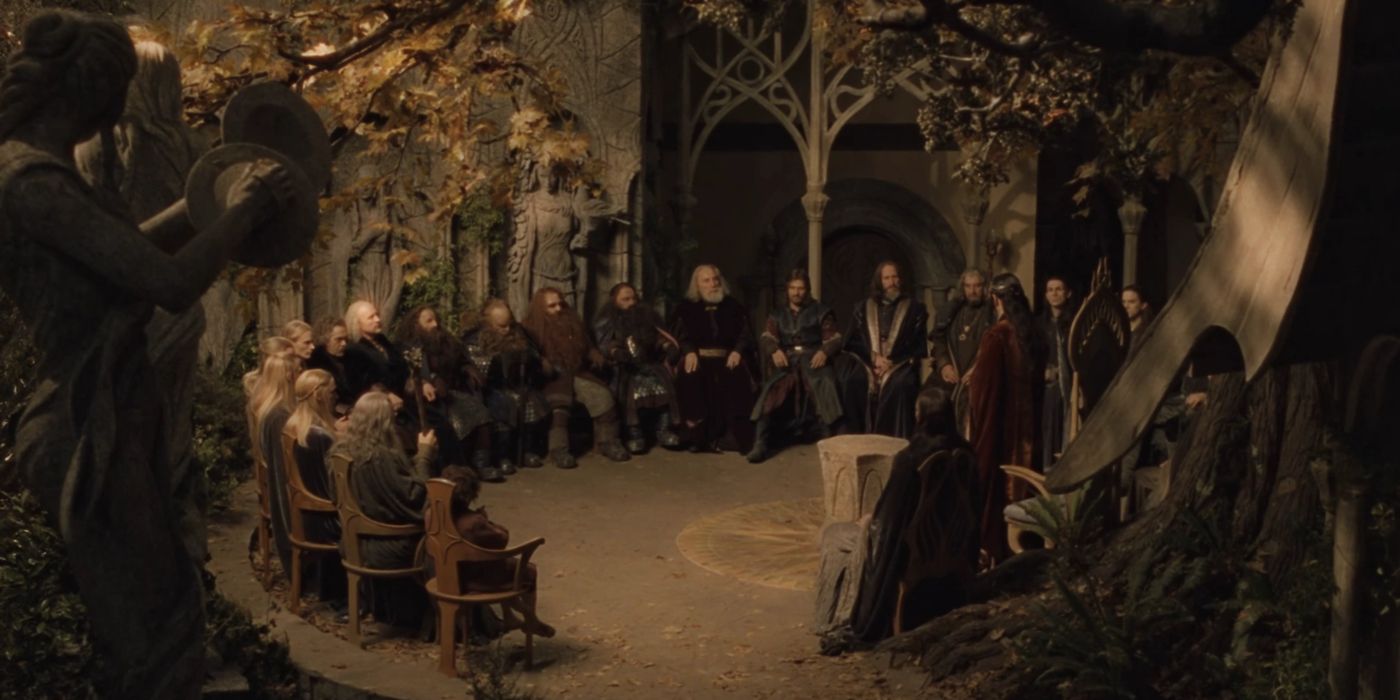
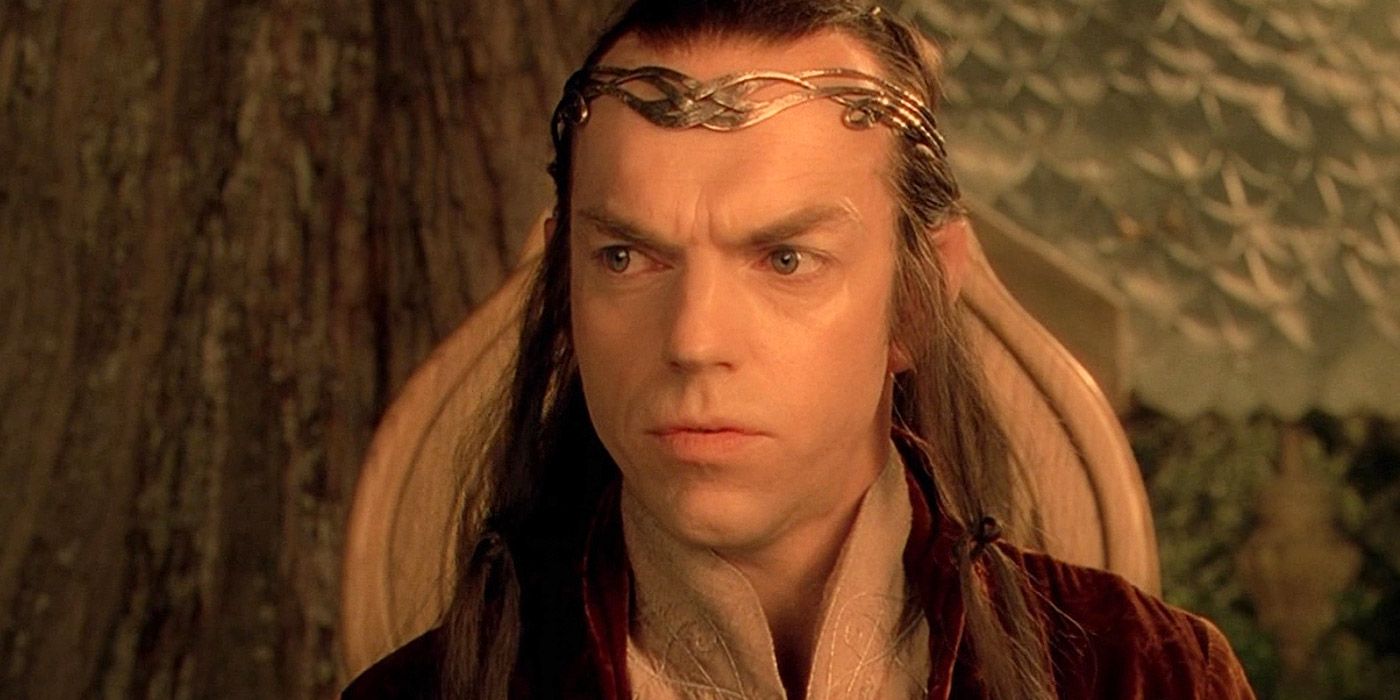
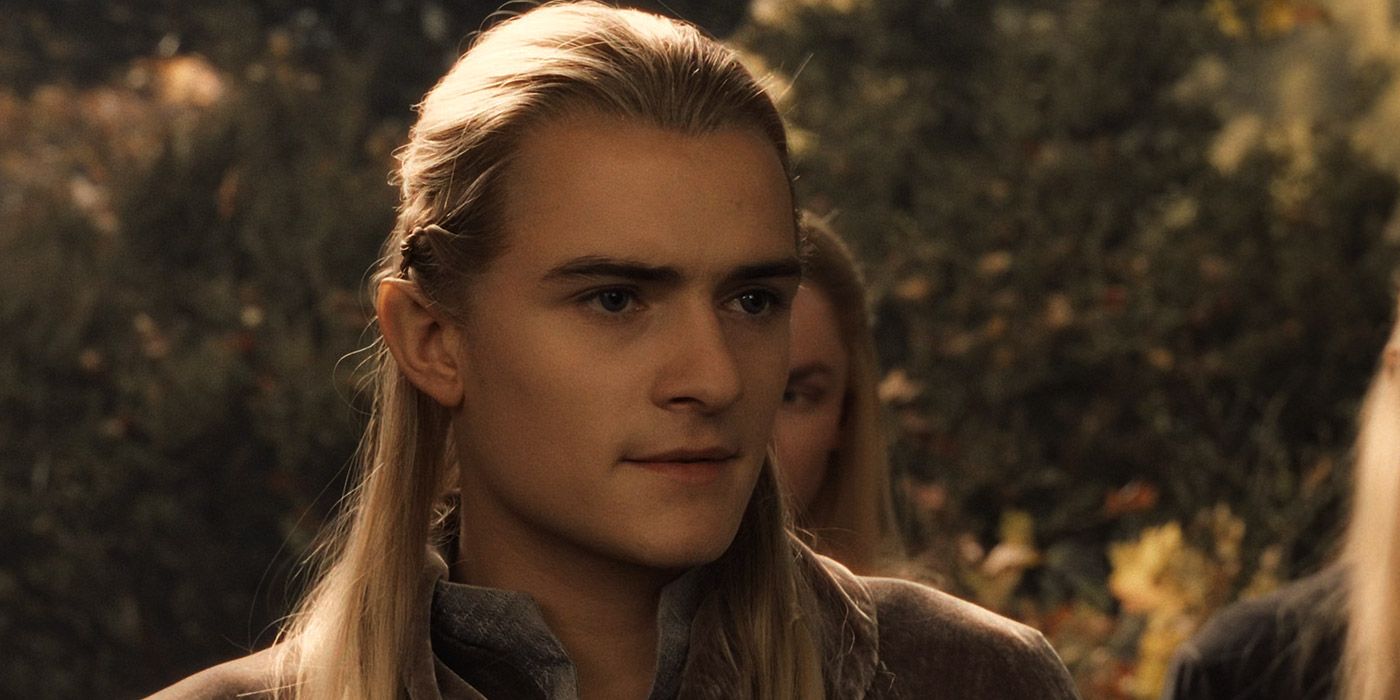
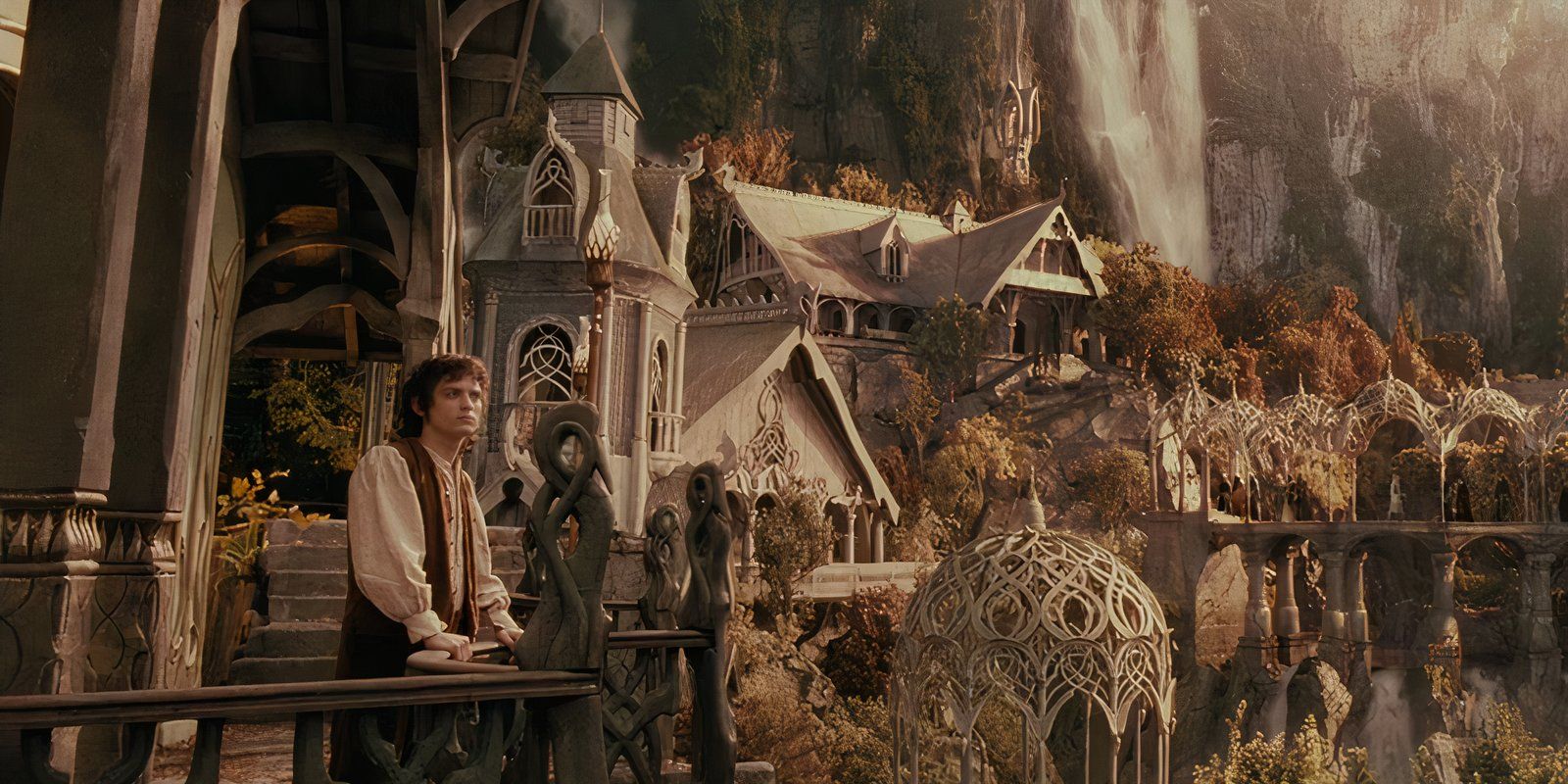
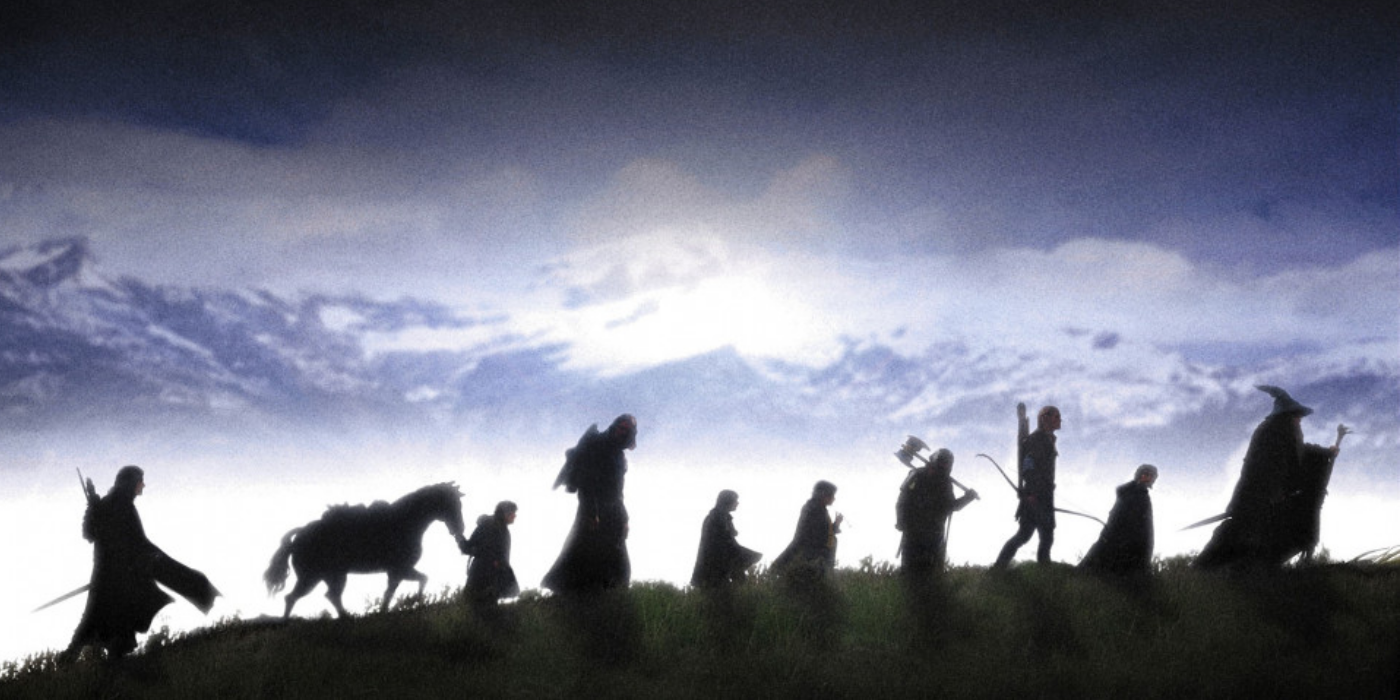
In the noteworthy chapter named “Many Meetings” in the initial book of “Lord of the Rings,” a multitude of conversations and details unfold as diverse characters and envoys reach Rivendell. Regrettably, the essence of film adaptations lies in emphasizing action and thrill, which often leads to the reduction of expository elements and world-building. Consequently, aspects such as Gimli’s backstory and his interactions with Bilbo and other council members that link to “The Hobbit” are omitted from the on-screen portrayal.
As a dedicated cinephile, I can’t help but acknowledge that among the epic tales of Middle-earth, The Fellowship of the Ring stands out for its impressive handling of rich lore. Yet, amidst all its brilliance, there was a missed opportunity to delve deeper into the reasons behind each member’s presence at the Council and particularly, to shed light on Gimli’s intricate personality that remained hidden from us. This isn’t the only instance where elements of Tolkien’s narrative didn’t find their way onto the silver screen, but it’s fascinating to consider how such omissions shape Gimli into a character who exhibits remarkable courage.
The Lord Of The Rings Movies Don’t Mention The Dwarves’ History With Sauron
The omission of this detail doesn’t just affect how we see Gimli
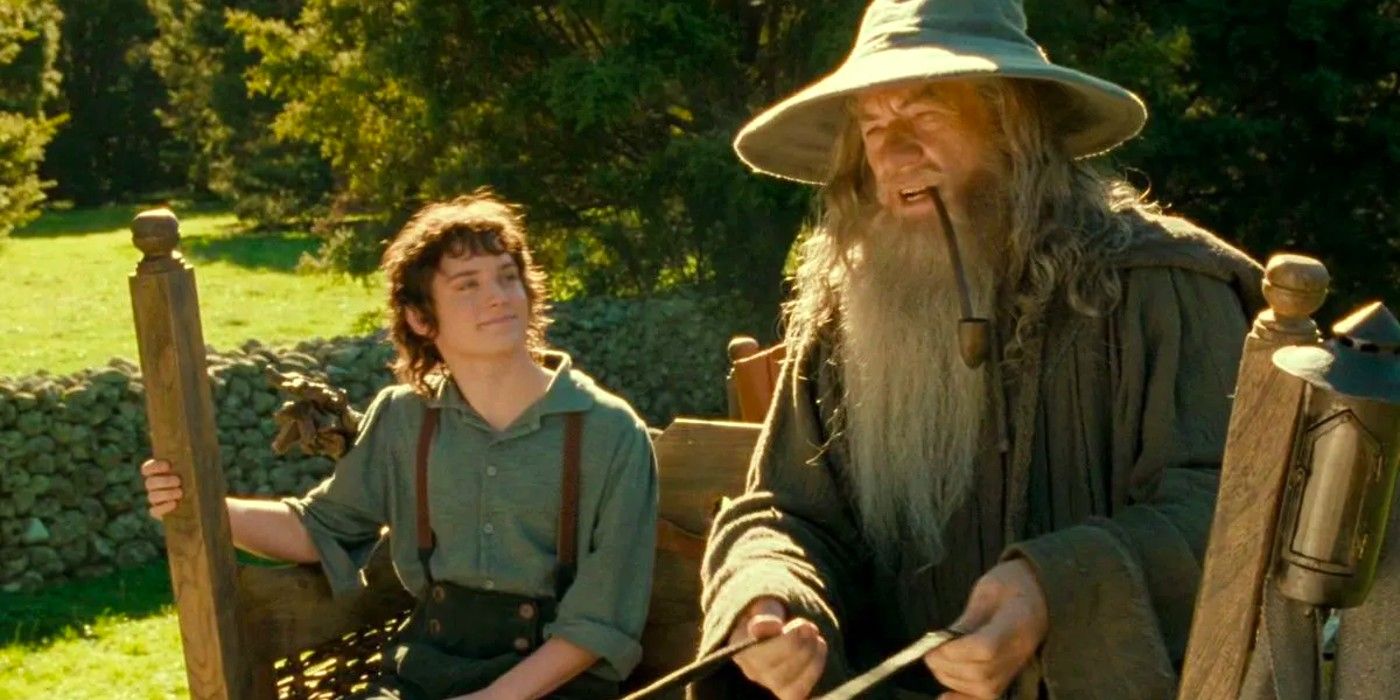
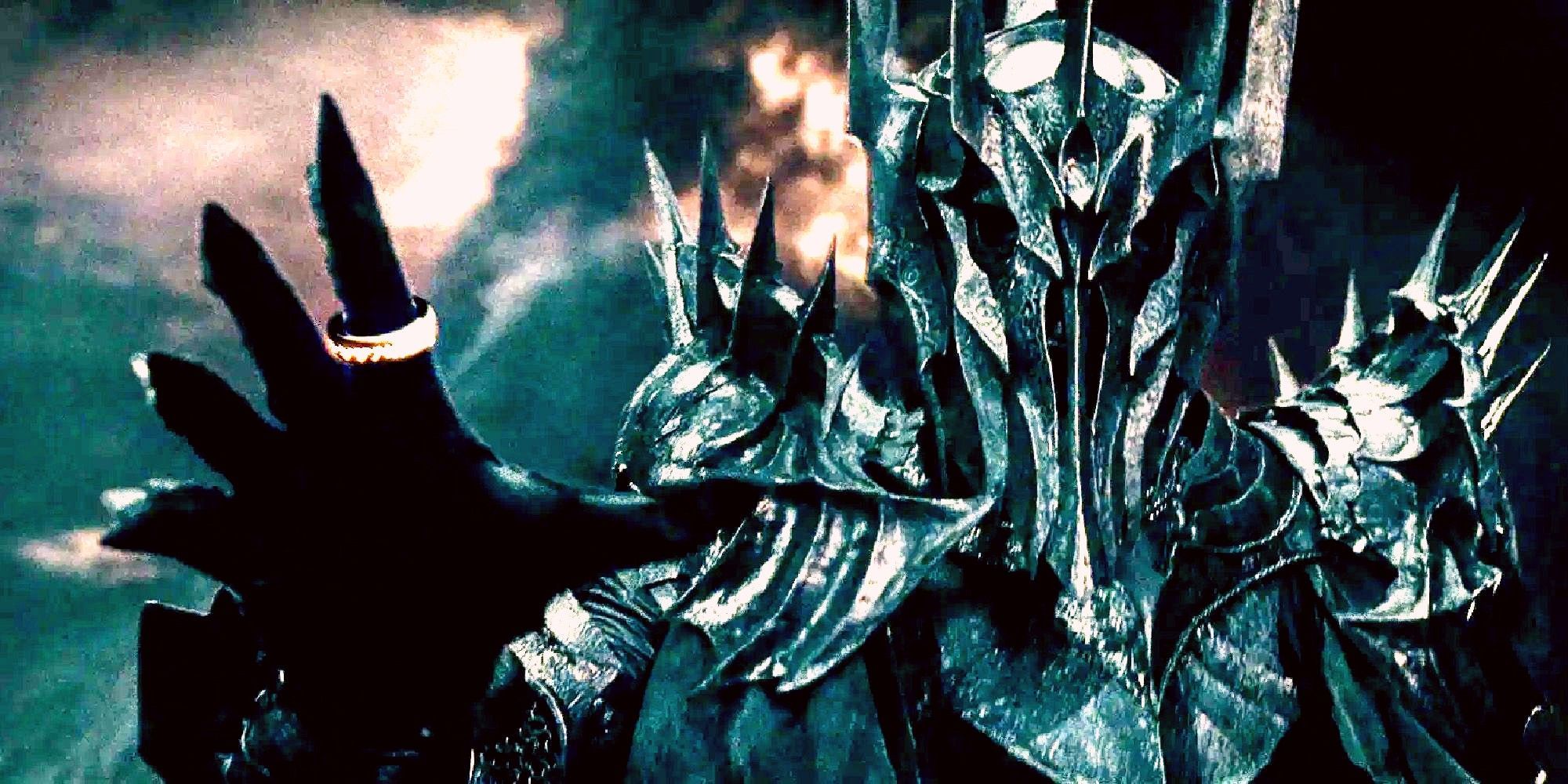
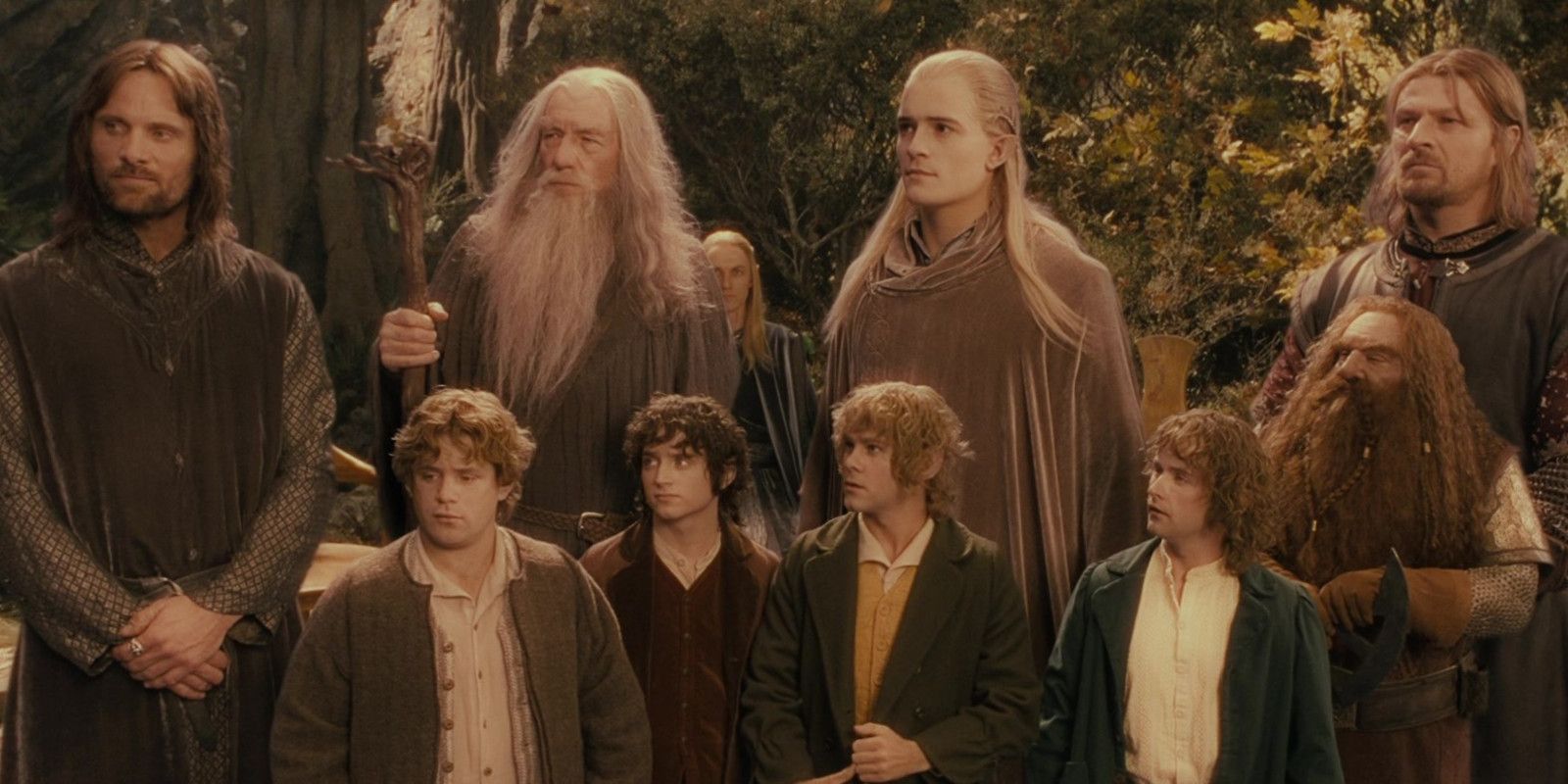
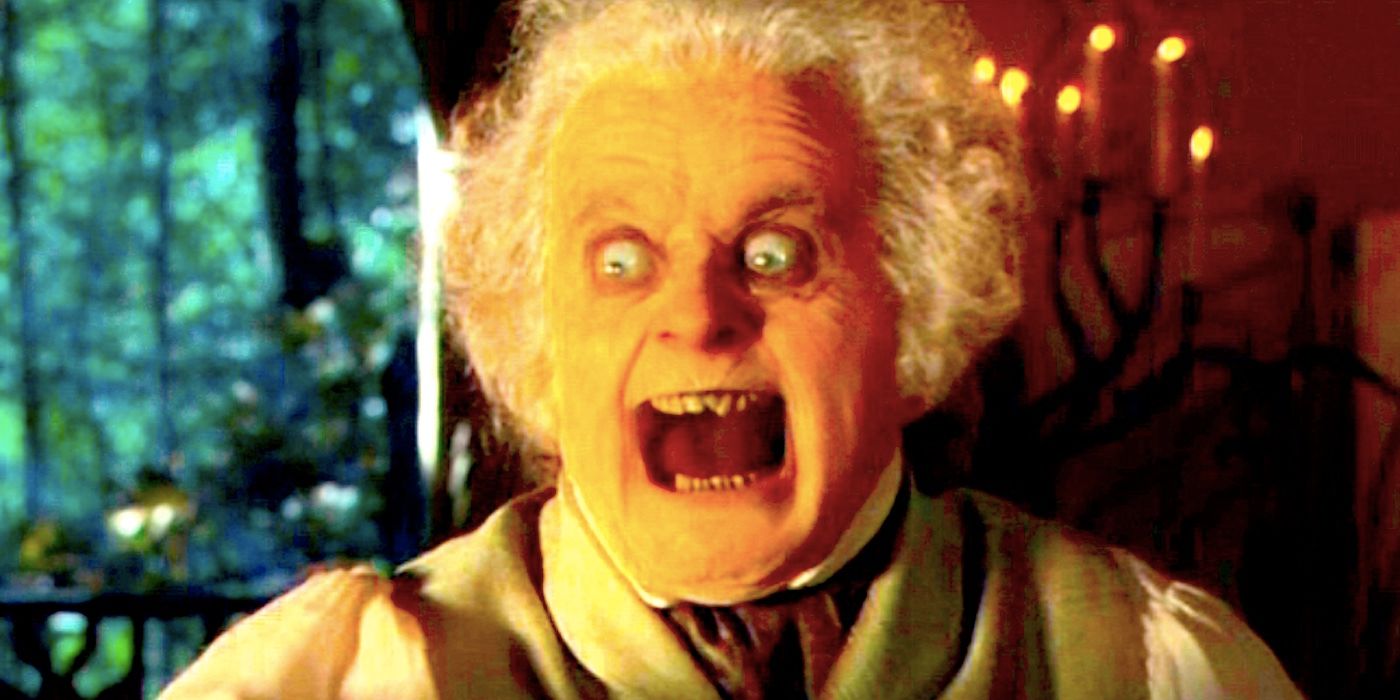
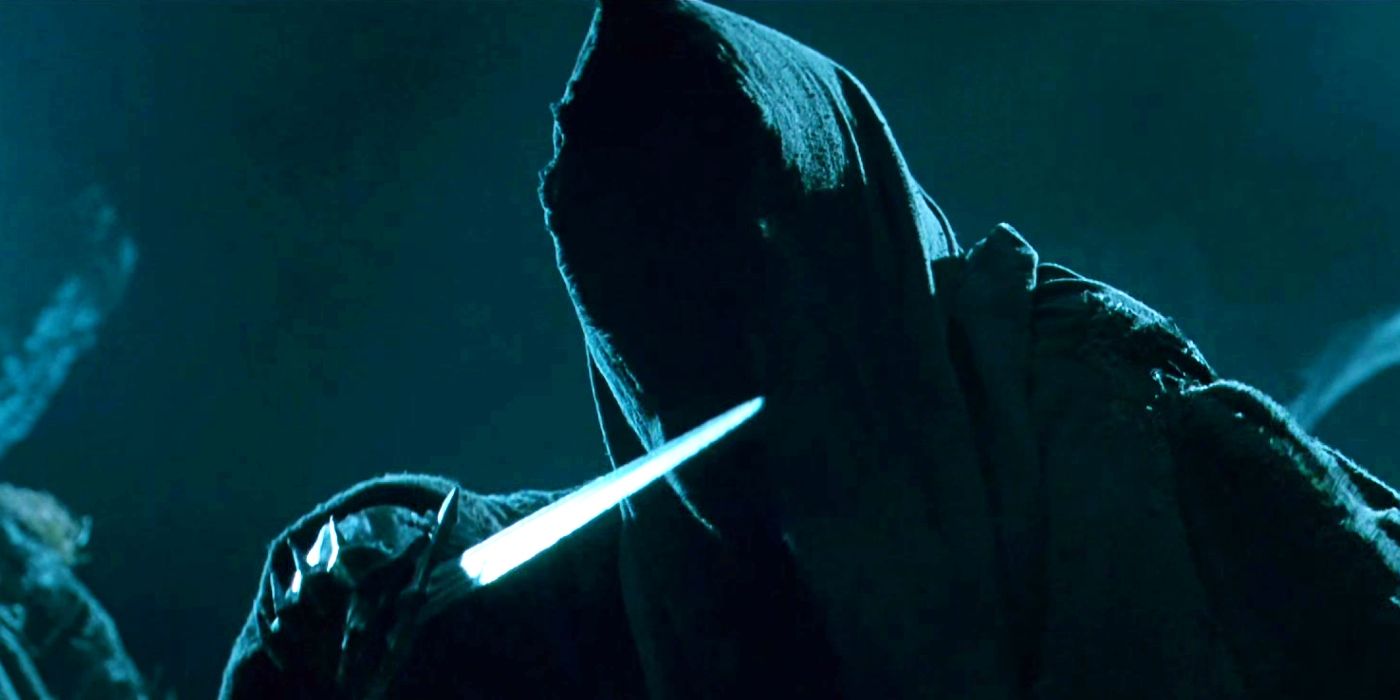
In the old days, the dwarves were actually on Sauron’s side and fought against the elves, which might explain their tension in “The Lord of the Rings.” Although this significant part of history isn’t covered in the movies, it seems reasonable that Jackson chose not to delve into the fact that the dwarves had shifted alliances to prevent audience confusion.
Luckily for Elrond, King Dáin stood by his side during the events of The Fellowship of the Ring, and Gimli was able to join forces with the Fellowship in their battle against Sauron. Many stories from J.R.R. Tolkien’s Lord of the Rings novels have the potential to be captivating movies, and delving into the dwarves’ history and political intricacies throughout the ages could make for a compelling tale. The attention to detail in the world-building of The Lord of the Rings is what sets it apart as an iconic work of fantasy, ensuring that every aspect of its universe is thoughtfully developed, with no loose ends or unexplained elements left behind.
Read More
- Clash Royale Best Boss Bandit Champion decks
- Vampire’s Fall 2 redeem codes and how to use them (June 2025)
- Mobile Legends January 2026 Leaks: Upcoming new skins, heroes, events and more
- World Eternal Online promo codes and how to use them (September 2025)
- How to find the Roaming Oak Tree in Heartopia
- Clash Royale Season 79 “Fire and Ice” January 2026 Update and Balance Changes
- Best Arena 9 Decks in Clast Royale
- Clash Royale Furnace Evolution best decks guide
- Best Hero Card Decks in Clash Royale
- FC Mobile 26: EA opens voting for its official Team of the Year (TOTY)
2025-04-22 23:57